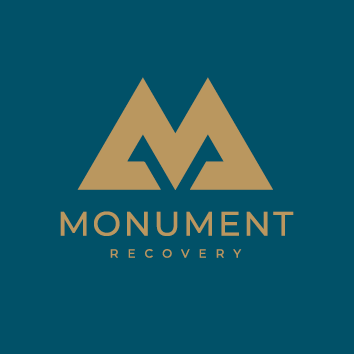How Family Therapy Can Prevent Relapse: The Key to Long-Term Recovery
family therapy in addiction recovery • Written by: Monument Recovery

Addiction survives in isolation and recovery thrives in community. When that community involves family and friends, the results are even better. The truth is, addiction doesn’t happen in a vacuum—it affects the entire family system. And when your family learns to heal alongside you, your chances of long-term success skyrocket. As Monument Recovery Clinical Director Bradley Wagner puts it, “Healing together makes recovery stronger.”
Why Family Therapy Matters in Addiction Recovery
Most of us grow up believing that family will always be there for us. But addiction can strain even the closest relationships. It creates mistrust, resentment, and unhealthy dynamics like codependency and enabling. These issues don’t just disappear once you get sober. If they aren’t addressed, they can make relapse more likely.
Family therapy gives you and your loved ones the space to work through these challenges. It helps them understand your recovery journey while also holding them accountable for their own healing. As Wagner says, “Families need tools to support their loved ones.” Without those tools, even the most well-intentioned family members can unknowingly make recovery harder.
5 Ways Family Therapy Helps Prevent Relapse
It Breaks the Cycle of Codependency & Enabling
Wagner puts it bluntly: “Codependency and enabling can hinder recovery.” Family therapy helps loved ones recognize destructive patterns and shift toward healthier ways of supporting each other—without fueling the cycle of addiction.
It Teaches Healthy Communication
Addiction often turns conversations into arguments, guilt trips, or silence. Maybe your family walks on eggshells around you, or maybe they lash out in frustration. Either way, communication breaks down.
With family therapy, “clients and families learn to communicate effectively,” Wagner explains. When everyone feels heard and respected, it reduces stress and emotional triggers—two big relapse risks.
It Helps Set Clear, Healthy Boundaries
If there’s one thing that makes or breaks recovery, it’s boundaries. Without them, old patterns creep back in, and relapse becomes more likely. That’s why Wagner emphasizes: “Clear, healthy boundaries are crucial for success.” Family therapy helps you and your loved ones define what healthy boundaries look like.
It Rebuilds Trust
Let’s be real: substance abuse damages trust. Your family might still be holding onto past hurts, and you might feel frustrated that they can’t just “get over it.” Family therapy creates a safe space to rebuild that trust over time. Through guided conversations, your family can start to see the person behind the addiction, and you can begin to repair relationships without the weight of past mistakes holding you down.
It Strengthens Your Support System
At the end of the day, recovery is hard to do alone. Having a strong, informed, and supportive family can make all the difference. When your loved ones understand what you’re going through and how to support you in a way that actually helps, relapse becomes less likely.
Ready to Get Started?
Recovery isn’t just about staying sober—it’s about thriving in a life where you feel supported, understood, and empowered. And when your family heals alongside you, your chances of success go through the roof.
So, if you’re on the fence about involving your family in addiction treatment, ask yourself: Wouldn’t it be easier to recover with the right people in your corner? If the answer is yes, it’s time to embrace family therapy as a vital part of your journey. Give us a call today to get started.

